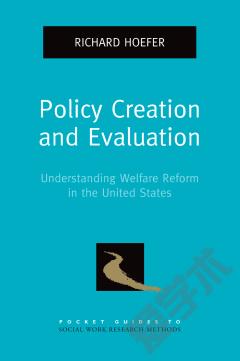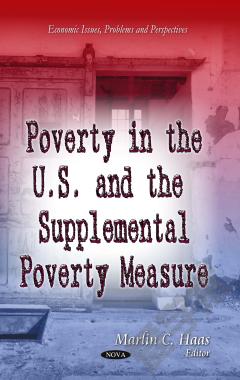Welfare Reform and its Long-Term Consequences for America's Poor
Two decades of federal and state-level demonstration projects and experiments concerning cash welfare in the United States culminated with the passage of the Personal Responsibility and Work Opportunity Reconciliation Act of 1996, better known as welfare reform. Ten years after reform there remain a host of unanswered questions on the well-being of low-income families. In Welfare Reform and its Long Term Consequences for America's Poor, many of the nation's leading poverty experts address these and related outcomes to assess the longer-term effects of welfare reform. A diverse array of survey and administrative data are brought to bear to examine the effects of welfare reform and the concomitant expansions of the Earned Income Tax Credit on the level and distribution of income, the composition of consumption, employment, public versus private health insurance coverage, health and education outcomes of children, marriage, and social service delivery.
{{comment.content}}








 京公网安备 11010802027623号
京公网安备 11010802027623号